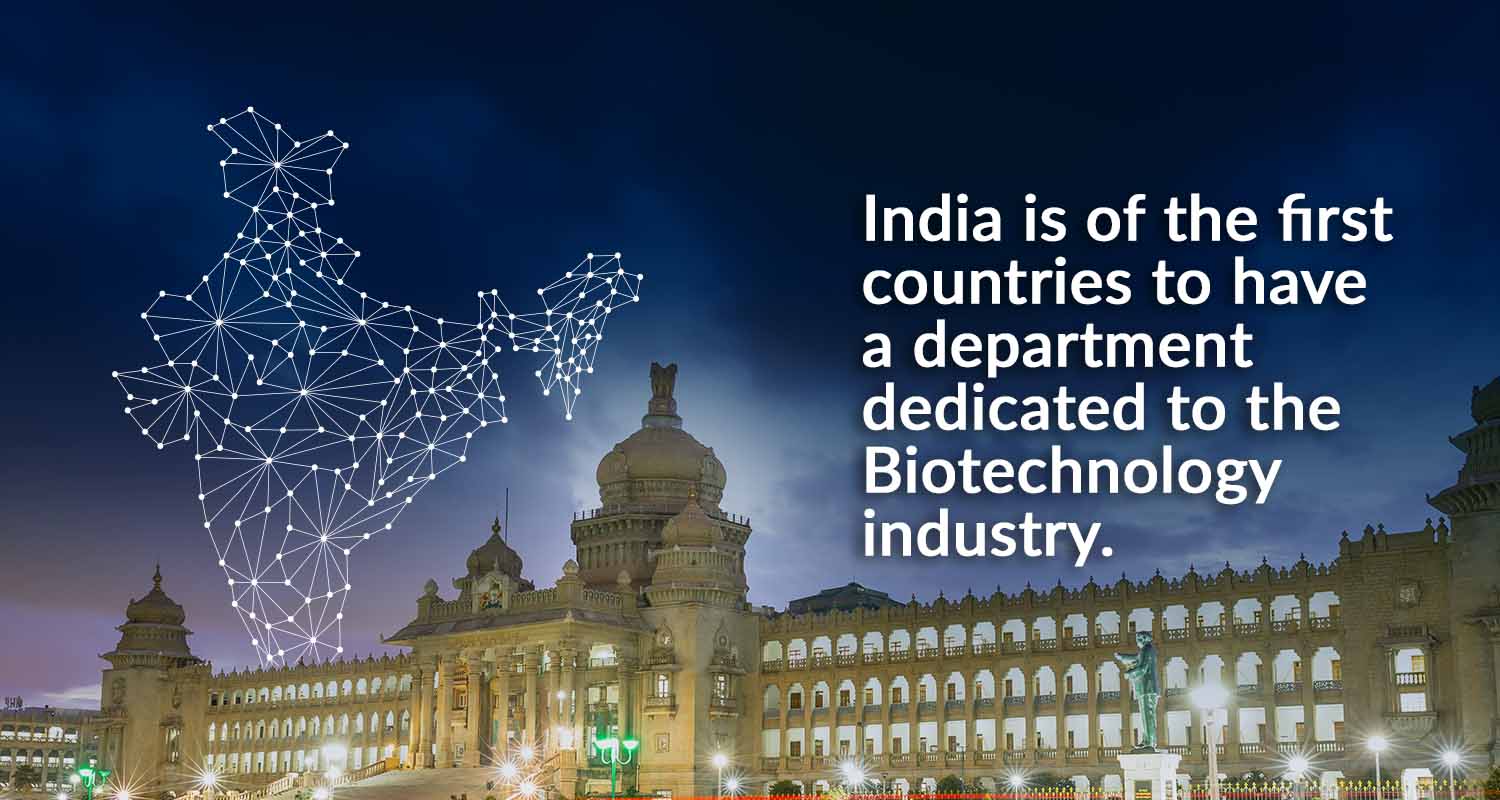The Indian biotechnology industry in India is divided into five major segments. The percentage share of the biotechnology segments is:
- Bio-Pharmaceuticals: 62%
- CRO/BioIT/Research: 15%
- Bio-agriculture: 16%
- Bio-Industrial: 7%
India is also one of the first countries to have a department dedicated to the Biotechnology industry. Moreover, the Department has also set up BIRAC (Biotechnology Industry Research Assistance Council) which is a not-for-profit agency to strengthen and empower emerging Biotechnology enterprises to undertake strategic research and innovation, by handholding them from ideation to the commercialization of their products/ technologies. (Source)
With many choices, here are my top 5 picks for innovative small biotech and pharma companies.
Stempeutics Research, Bangalore, is a late-stage life science company focused on developing and commercializing novel therapeutics based on adult stem cells. It was founded by the Manipal Education and Medical Group in 2006. Stempeutics strength lies in developing innovative stem cell products by nurturing cutting edge research and clinical applications through dedicated efforts of its highly qualified team.
Currently it is focusing on the following three innovative products: Stempeucel® drug, Stempeucare™ cosmetics and Stempeutron™ medical device.
Curadev, Noida, tumors subvert immunity in a variety of ways. They can hide their very existence from innate cellular alarm systems and circulating surveillance immune cells, frustrate the buildup and amplification of immune responses and subvert established inflammatory responses by evoking potent immunosuppressive factors.
The recent approvals of inhibitors targeting checkpoint blockade are the first steps in the establishment of host directed immune therapies as durable methods for the treatment of a number of cancers. The coming decade will see the emergence of new generations of immune system targeted oncology drugs which can be used as monotherapy or in combination with other IO agents or existing anti-cancer drugs.
Biocon, Bangalore, pioneering spirit paved the way for biotechnology in India, and we continue to apply the same spirit in finding novel approaches to improve patient outcomes today for a better tomorrow. This drives us to continuously find new ways to treat diabetes, cancer and autoimmune diseases. Our R&D focuses on prevention, alleviation and treatment and our medicines improve the lives of millions of patients in over 120 countries, by giving them access to life-saving therapies and relief.
Bicara Therapeutics, Bangalore, Epidermal growth factor receptor (EGFR), a protein expressed on the surface of several tumor types, is one of the most extensively validated tumor-associated antigens.
Monoclonal antibodies directed at EGFR suppress the proliferation of EGFR-driven tumor cells and restrict tumor growth and metastasis. Inhibiting EGFR alone is inadequate to achieve durable therapeutic responses. Our solution: Simultaneous inhibition of EGFR and TGFβ — a signaling molecule that promotes tumor growth in the presence of EGFR and that plays a key role in suppressing the immune response in the tumor microenvironment.
Our lead program is thus a dual-action bifunctional antibody that both inhibits EGFR and disables TGFβ directly at the site of the tumor. With this approach, we hope to achieve superior anti-tumor efficacy with an improved therapeutic window.
Gangagen, Bangalore, GBPL’s “Protein Antibacterial Technology Platform (PATP)” is based on its extensive knowledge of phage biology, naturally occurring antibacterial proteins and the ability to identify and model functional domains of putative antibacterial proteins using detailed bioinformatics. The proprietary bioinformatic platform and the standardized cascade of experiments allow rapid confirmation of antibacterial activity targeting different bacterial pathogens.
